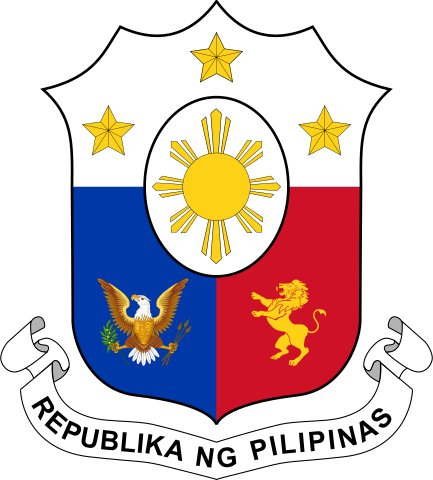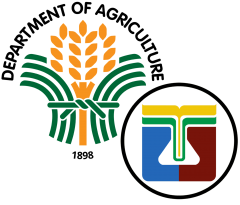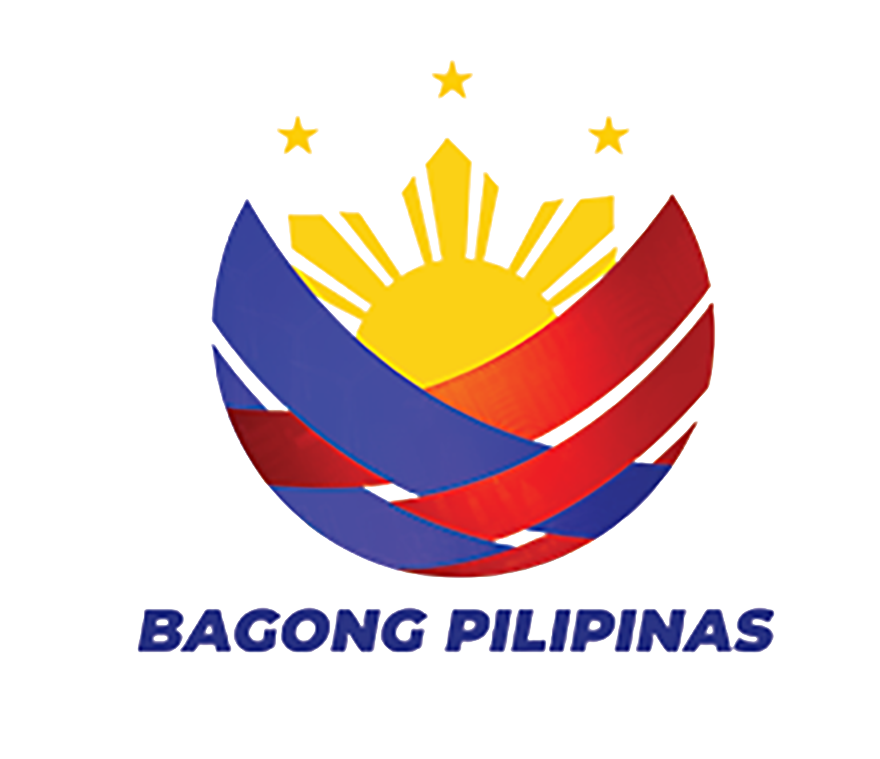The BSWM, through the WRMD, primarily provides technical assistance through performance of activities and submission of reports necessary in the determination of feasibility of establishing rainwater harvesting facilities and other related small-scale irrigation infrastructures; and in terms of sharing of technical knowledge and skills through capabilitybuilding activities like trainings, and consultations like congress and on-site coordination. This core process covers small-scale irrigation facilities not within the scope of the National Irrigation Administration.
The BSWM initiated the formulation of the National Master Plan for SSIP 2014-2022 that lists sites for Small-Scale Irrigation Project (SSIP) establishment, subject to re-validation. Along with this, the BSWM, in consultation with DA-RFOs and other relevant agencies, crafted and has updated the General Guidelines on the Implementation of SSIP that sets requirements for the feasibility of establishment of SSIP. The BSWM accepts request from LGUs and farmers associations, and validates the site. Reports and other necessary documents are further evaluated for economic feasibility of SSIP establishment. After the BSWM’s approval, the documents are endorsed to DA/DA-RFO for funding.
To increase the capability of the recipients (SWISA, FA, LGUs) of the SSIP, they undergo institutional and technical trainings to strengthen their organization and increase their knowledge and skills in the operation and maintenance of SSIP. The BSWM also provides technical support for trainings in the implementation of SSIP conducted by DA-RFO. The BSWM agro-meteorological stations are maintained and monitored for current and future use of data generated.




